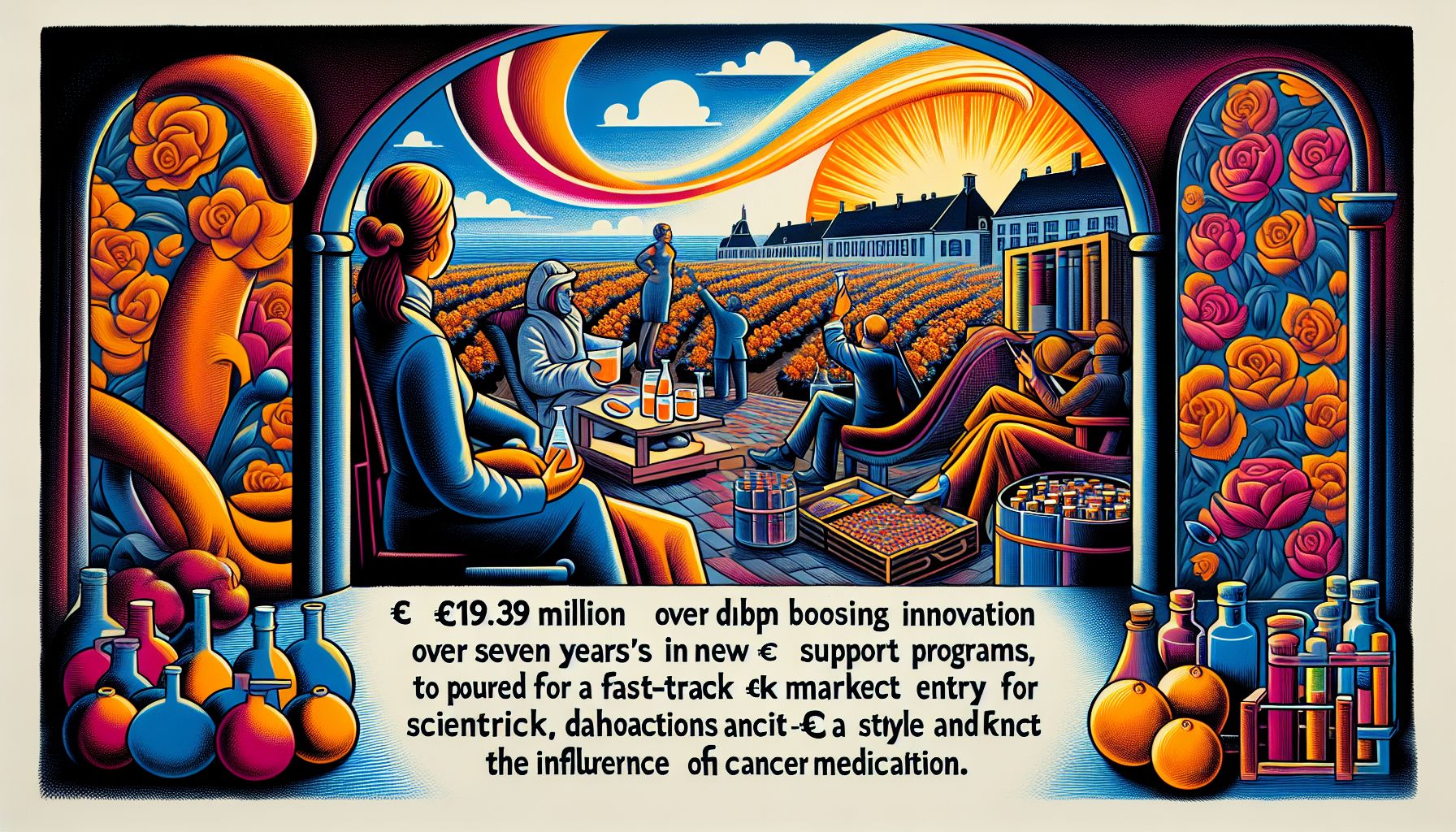Dutch Government Boosts Innovation with New Support Programs

The Hague, Tuesday, 28 January 2025.
The Dutch Cabinet launches new support programs to accelerate innovation, providing €19.39 million over seven years to fast-track market entry for scientific advancements, like cancer medication.
Program Details and Scale
The Faculty of Impact initiative, announced today by Minister Bruins of Education, Culture and Science, aims to bridge the gap between scientific discovery and market implementation [1]. The program will mentor approximately 100 scientists over the seven-year period, offering a comprehensive two-year training curriculum that covers business creation, marketing, patent management, and funding strategies [1]. Scientists can begin enrolling in this tailored support program starting January 28, 2025 [1].
Current Innovation Pipeline
Several promising innovations are already in development through existing support structures. These include groundbreaking projects such as a technique to extract CO2 from seawater for vegetable cultivation, developed by TU Delft scientist Rose Sharifian, and a novel light-activated cancer treatment method by researchers Sebas Pronk and Irati Beltran Hernandez from Utrecht University [1]. The program also supports environmental innovations, including Stas Verichev’s new approach to installing offshore wind turbines with reduced environmental impact [1].
European Context and Support
This Dutch initiative aligns with broader European innovation support, complementing the European Innovation Council’s 2025 Work Programme, which allocated €1.4 billion for deep tech research and high-potential startups [3]. The Dutch program’s focus on commercialization addresses a critical gap in the innovation pipeline, particularly for mid-sized enterprises that often struggle with productivity growth and technology adoption [5].
Economic Impact and Future Outlook
Minister Bruins emphasizes that this investment will ensure research directly benefits both people and businesses, contributing to future prosperity [1]. The initiative comes at a crucial time when Dutch labor productivity growth is slowing [5], and aims to create a positive cycle of innovation, growth, and broader economic benefits. The program’s structure, inspired by a similar successful model at Berkeley, involves collaboration with key partners including Prins Constantijn, Techleap, and NWO [1].

